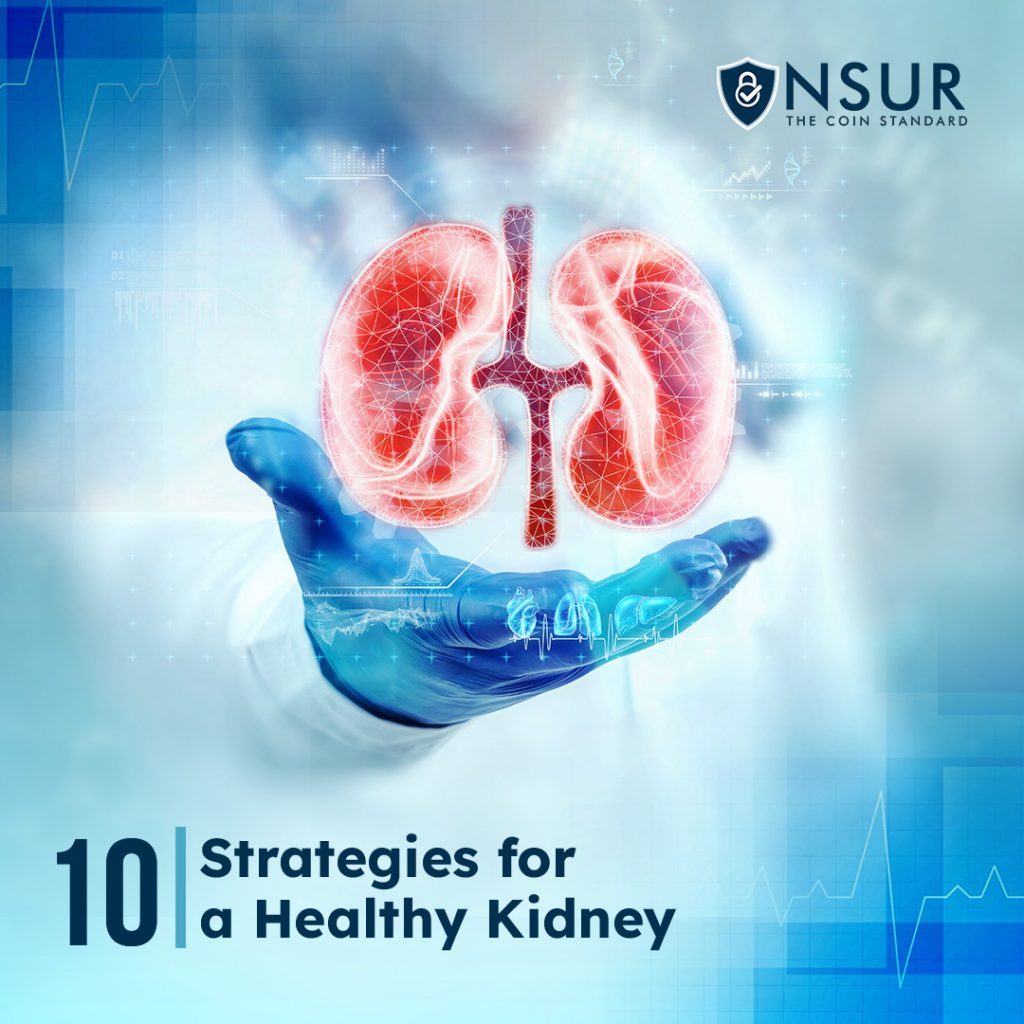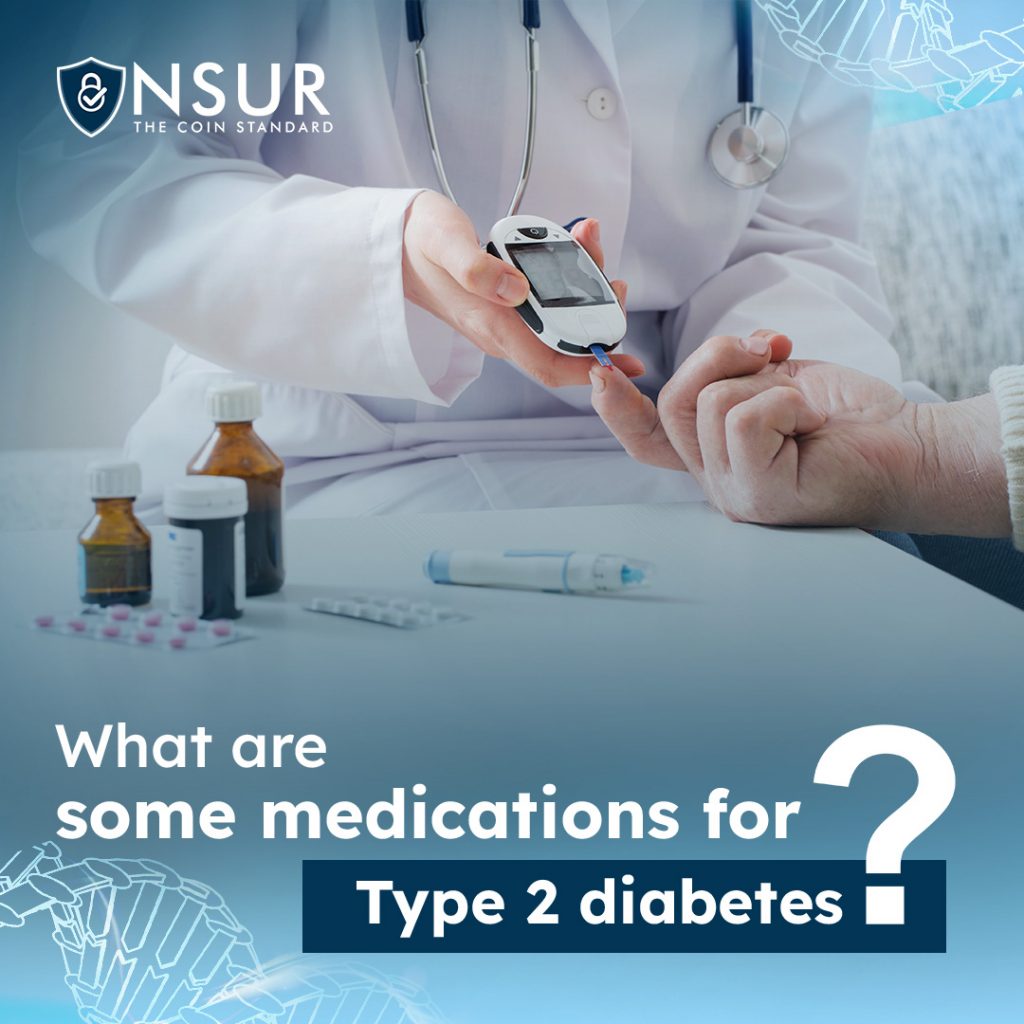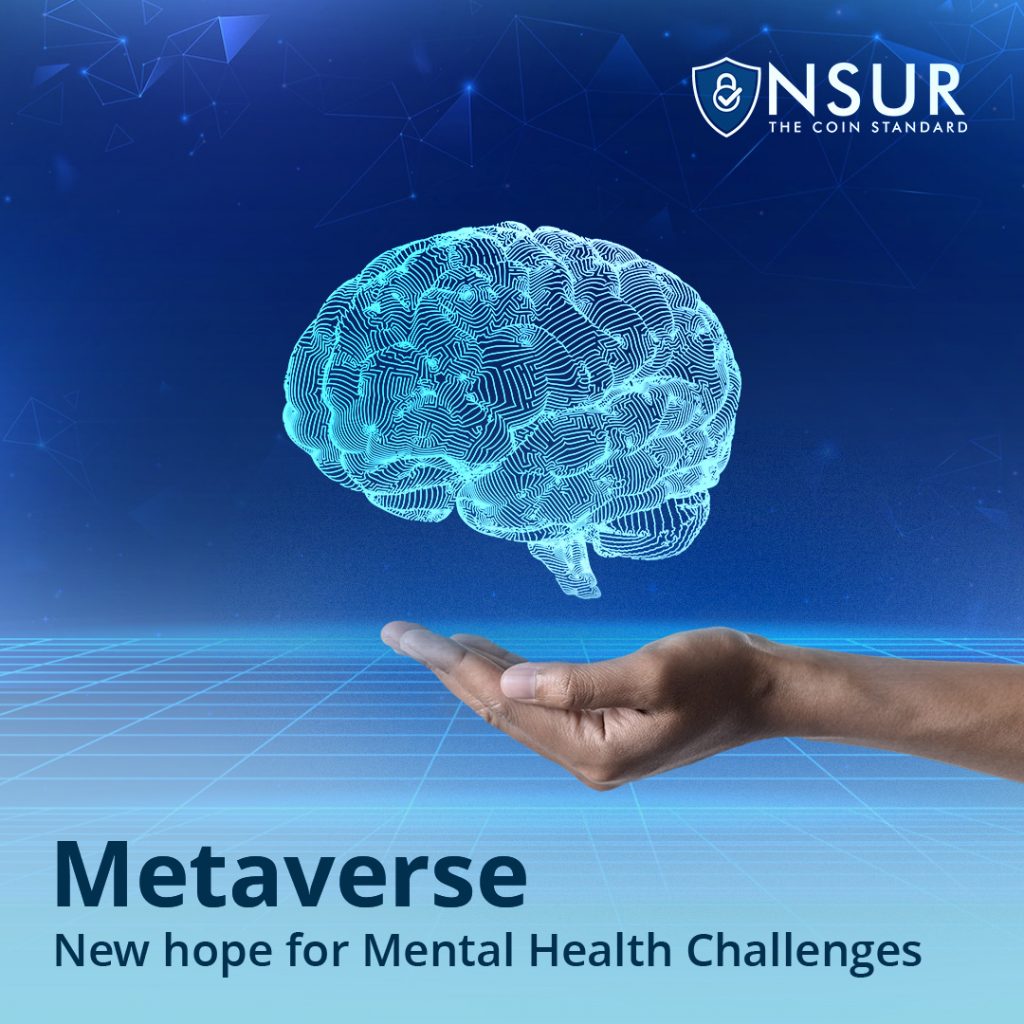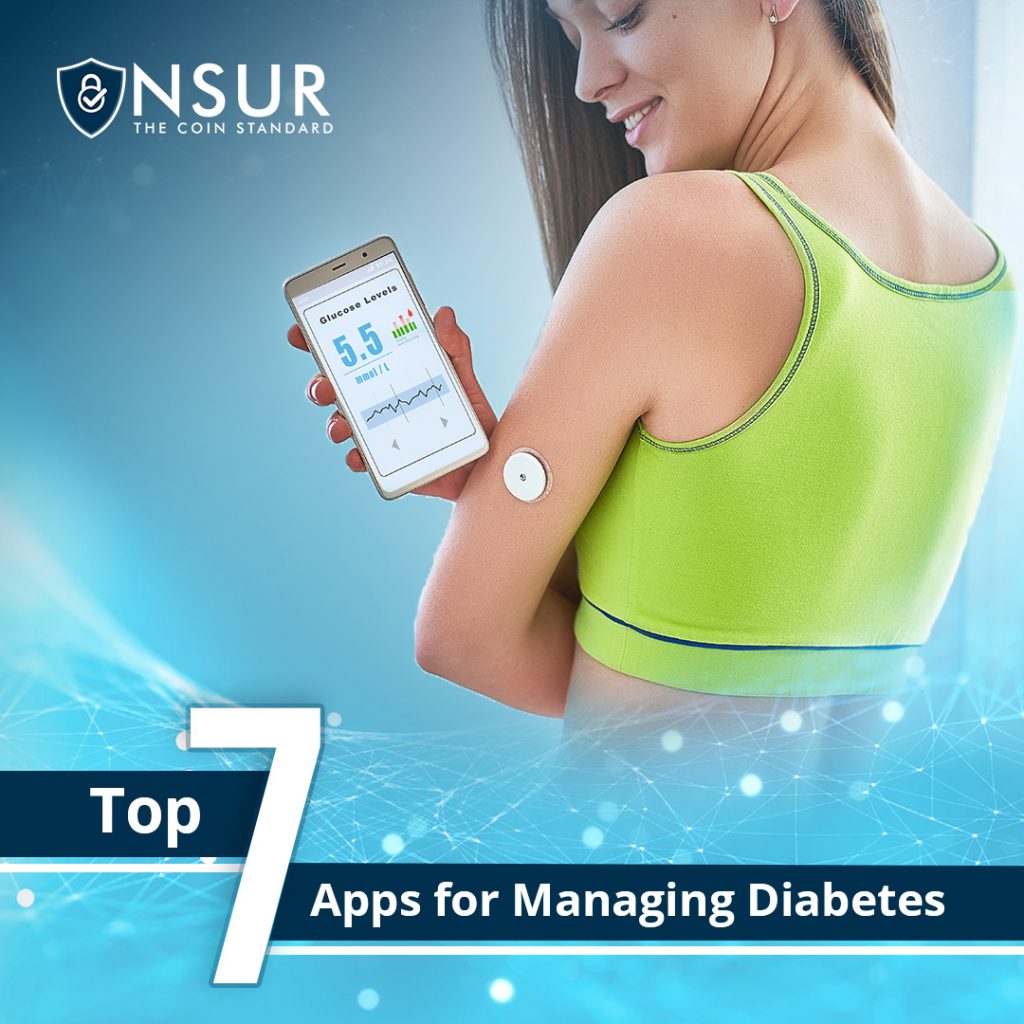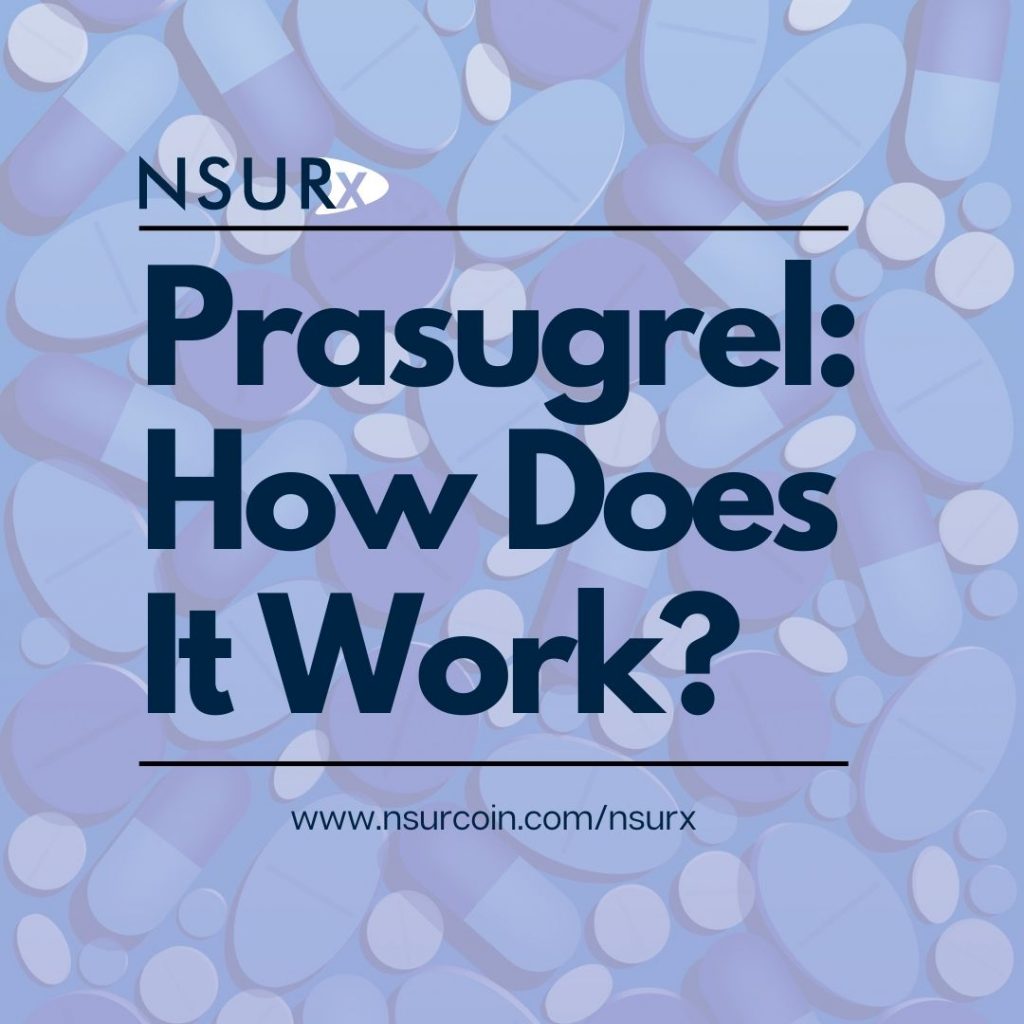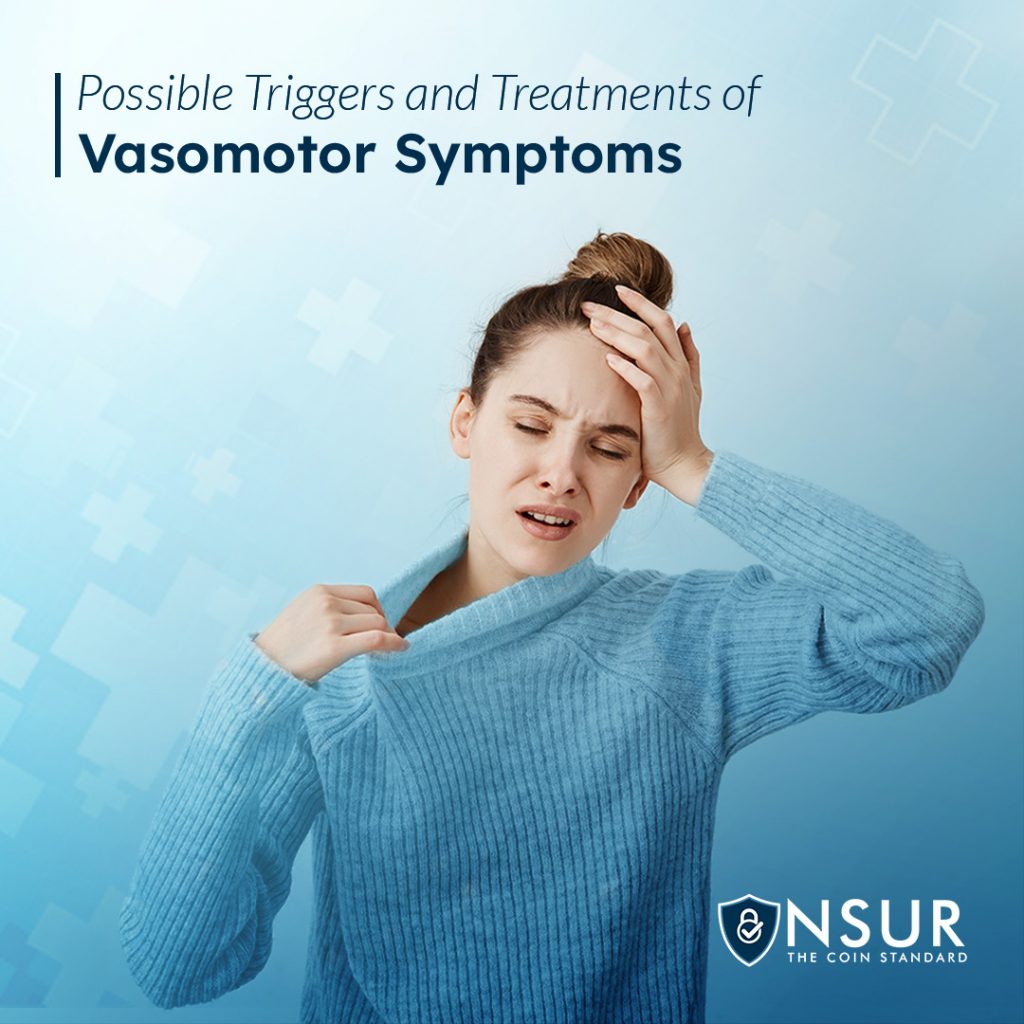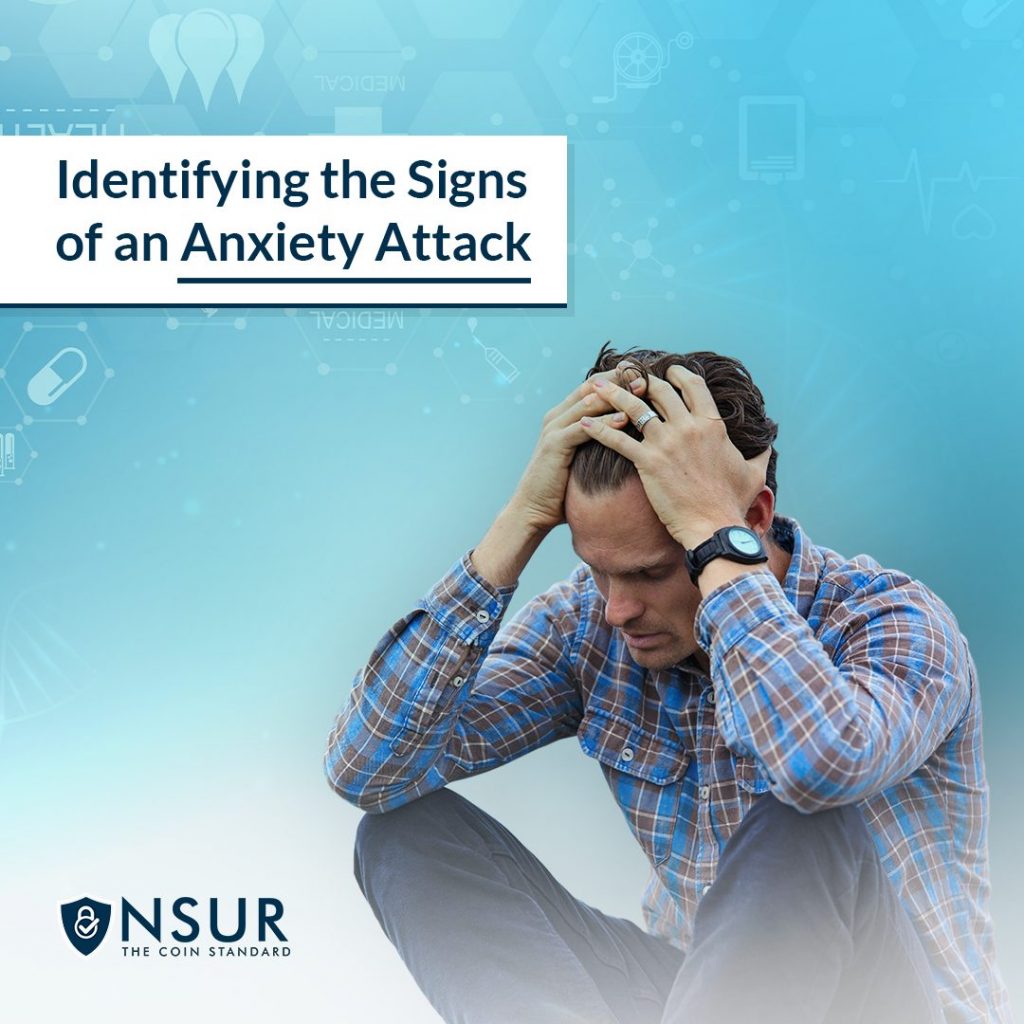
Anxiety attacks, also known as panic attacks, can be frightening and overwhelming experiences. Recognizing the signs of an anxiety attack can be crucial in helping someone manage and cope with the experience. In this blog, we will discuss the common symptoms of anxiety attacks and strategies for dealing with them effectively.
Table of Contents
- What is an Anxiety Attack?
- Common Signs of an Anxiety Attack
- Physical Symptoms
- Emotional Symptoms
- Cognitive Symptoms
- How to Manage an Anxiety Attack
- When to Seek Professional Help
1. What is an Anxiety Attack?
An anxiety attack is a sudden surge of overwhelming fear and panic, often accompanied by physical and emotional symptoms. These attacks can be triggered by various factors, such as stress, fear, or even seemingly out of the blue. Anxiety attacks can last anywhere from a few minutes to several hours, and the intensity of symptoms can vary from person to person.
2. Common Signs of an Anxiety Attack
Anxiety attacks can manifest through a wide range of symptoms, which can be classified into three main categories: physical, emotional, and cognitive. It’s essential to remember that not everyone experiences the same symptoms, and the severity of symptoms may differ between individuals.
3. Physical Symptoms
Physical symptoms of an anxiety attack can include:
- Rapid heartbeat
- Shortness of breath
- Chest pain or discomfort
- Trembling or shaking
- Sweating
- Nausea or stomach cramps
- Dizziness or lightheadedness
- Numbness or tingling sensations
- Hot or cold flashes
4. Emotional Symptoms
Emotional symptoms may consist of:
- Intense fear or panic
- Feelings of impending doom
- Fear of losing control or going crazy
- Fear of dying
- Feeling detached or disconnected from oneself
5. Cognitive Symptoms
Cognitive symptoms can include:
- Racing thoughts
- Difficulty concentrating or focusing
- Confusion or disorientation
- Memory problems or difficulty recalling events
6. How to Manage an Anxiety Attack
If you or someone you know is experiencing an anxiety attack, here are some strategies to help manage the situation:
- Breathe: Practice slow, deep breaths to help calm the nervous system. Focus on inhaling deeply through your nose and exhaling slowly through your mouth.
- Ground yourself: Try to bring yourself back to the present moment by focusing on physical sensations, such as the feeling of your feet on the ground or the texture of an object in your hand.
- Acknowledge the attack: Remind yourself that the anxiety attack will pass and that it’s not life-threatening.
- Relax your muscles: Tension often accompanies anxiety attacks. Try progressive muscle relaxation or gentle stretches to release tension.
- Seek support: Reach out to a trusted friend or family member to talk about your feelings and help you through the attack.
7. When to Seek Professional Help
It’s essential to seek professional help if anxiety attacks:
- Become more frequent or severe
- Interfere with daily life, such as work, school, or relationships
- Cause significant distress or fear
- Are accompanied by substance abuse or self-harm
A mental health professional can help you determine the underlying causes of your anxiety attacks and recommend appropriate treatments, such as therapy, medication, or lifestyle changes.
Take advantage of NSURx for your prescription drugs!
With the NSURx Prescription Benefit Card, you can save money on you
r medications at more than 35,000 pharmacies across the United States.
You can save up to 80% on your medication by using an NSURx card. Hundreds of dollars in savings could be yours every time you fill out your prescription.
The more you shop with NSURx, the more NSUR Coins you will receive as a reward.
Reference:

